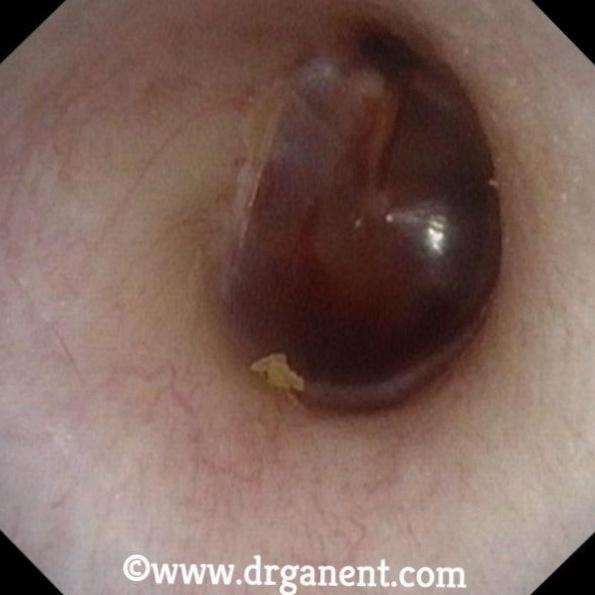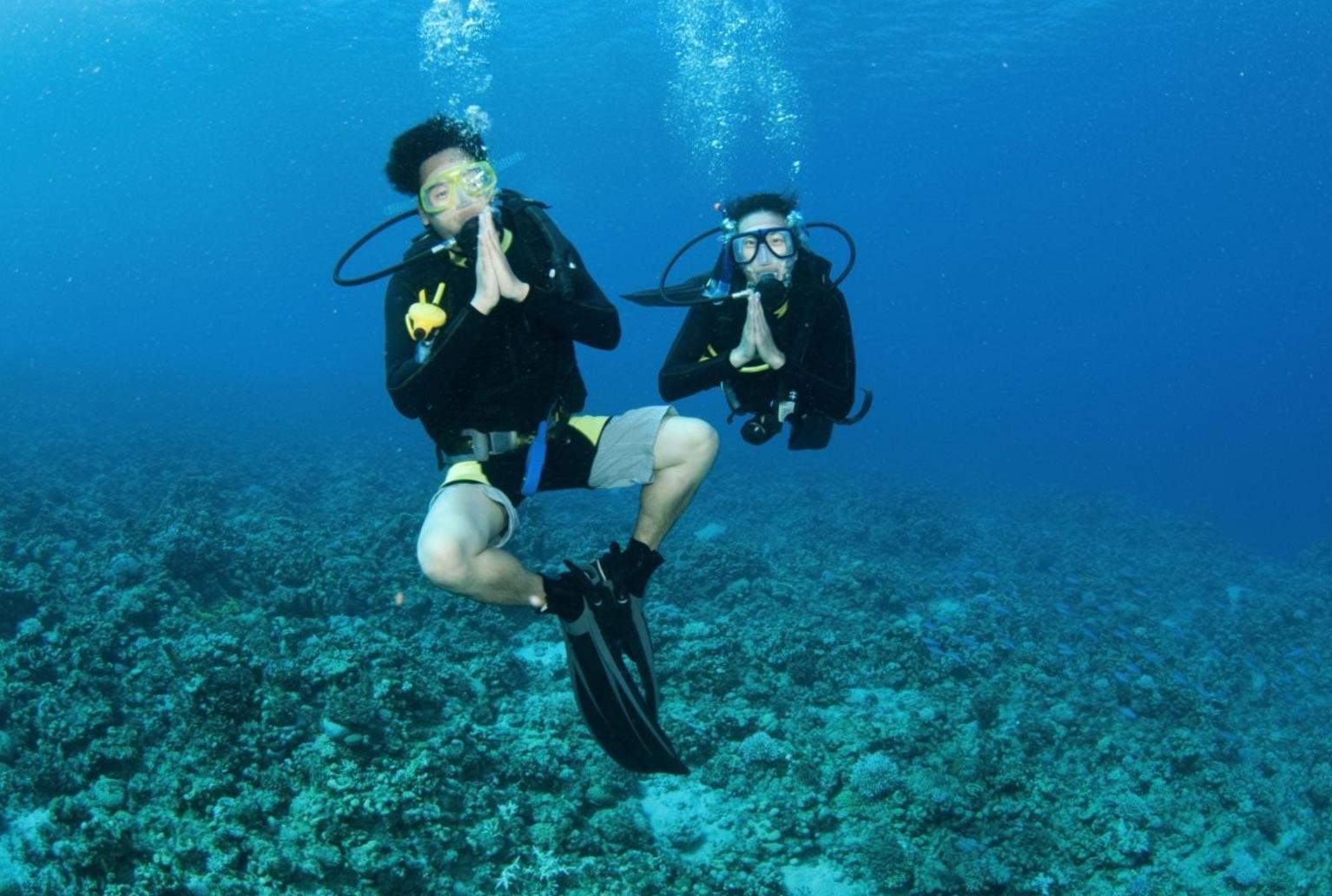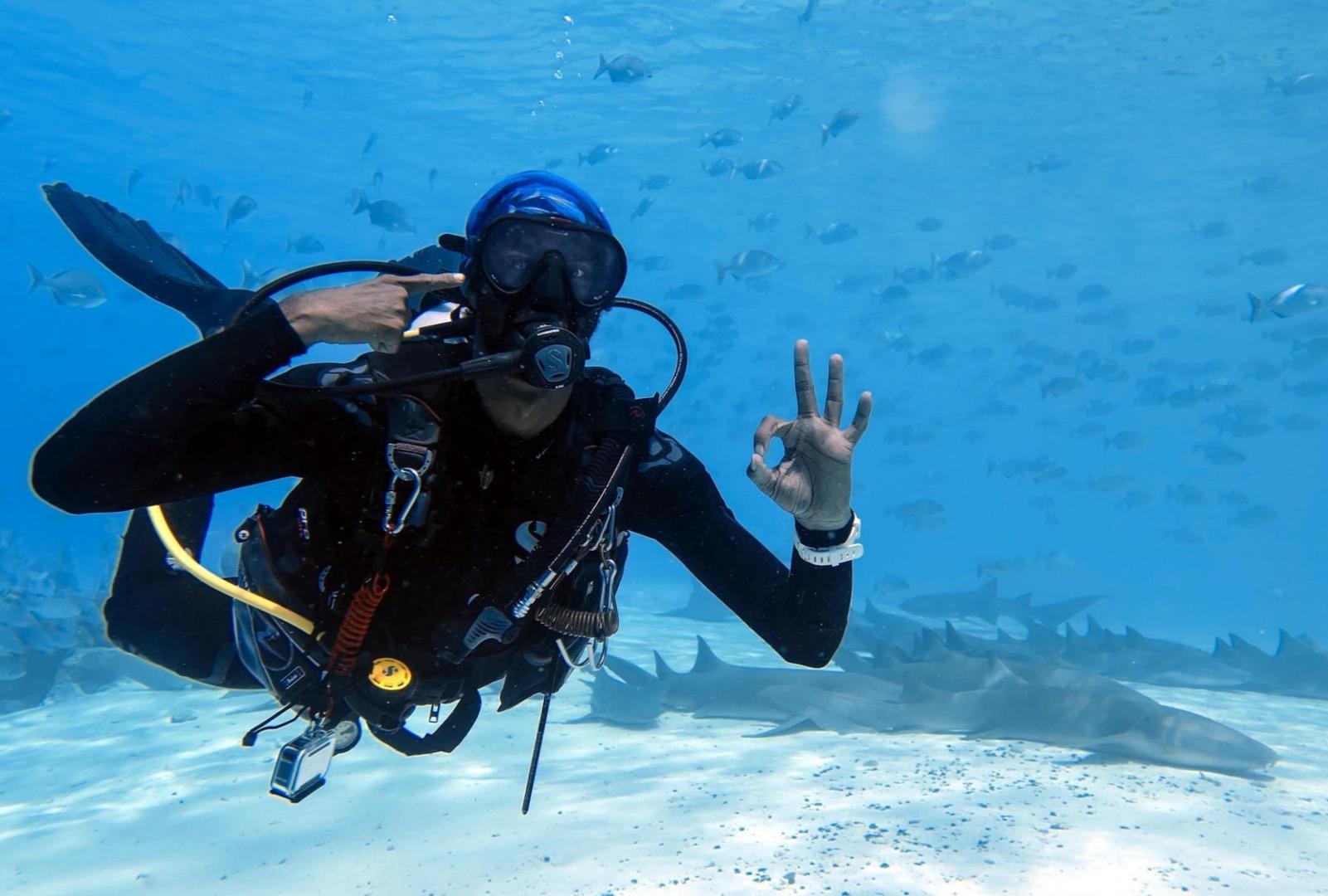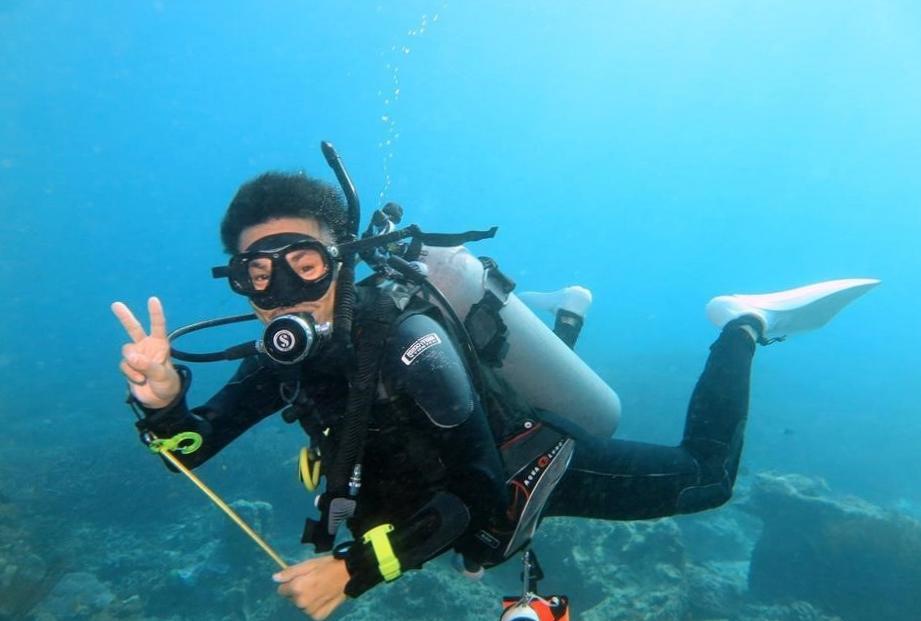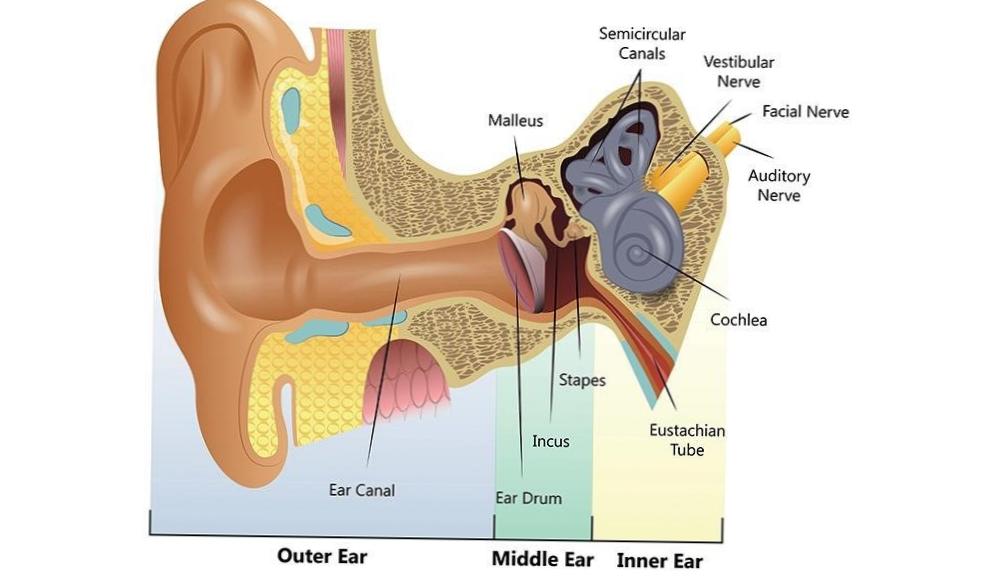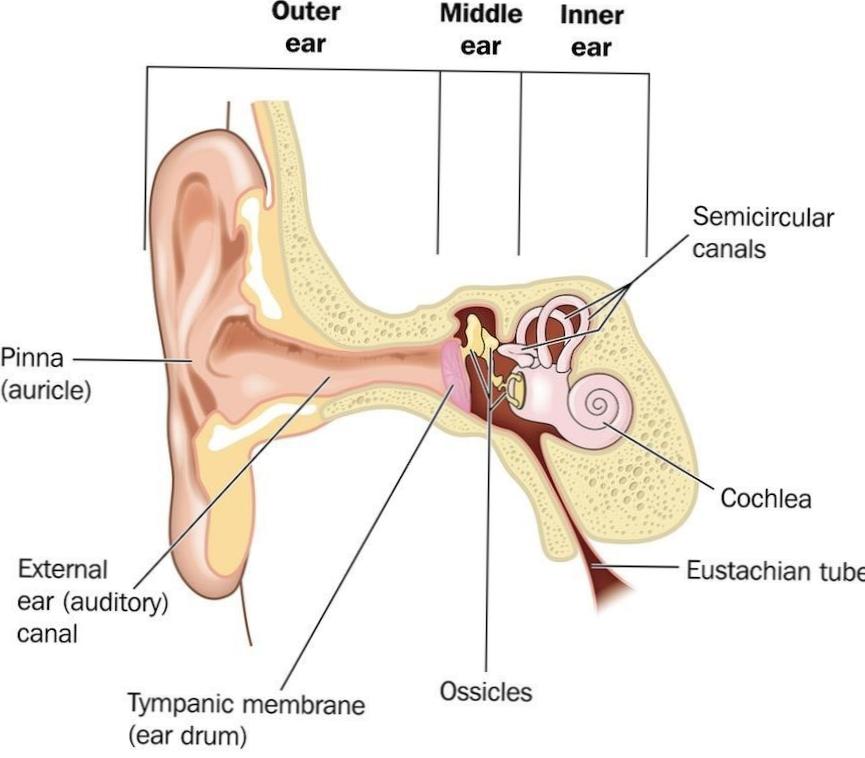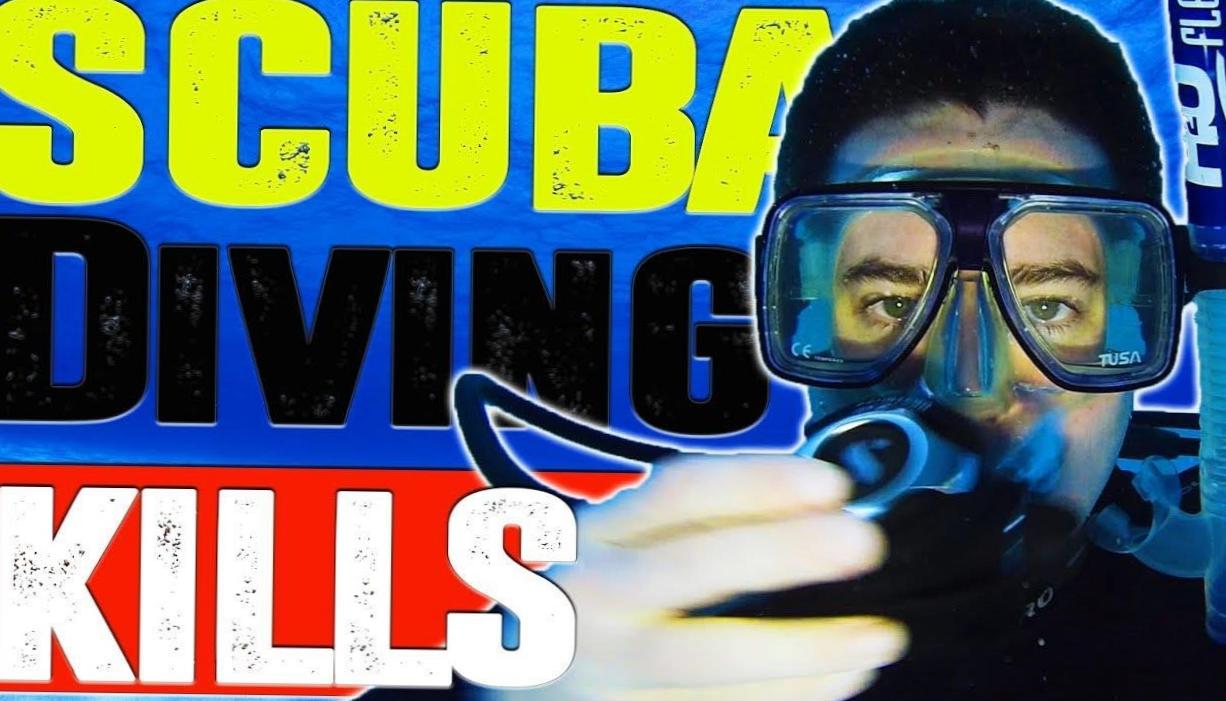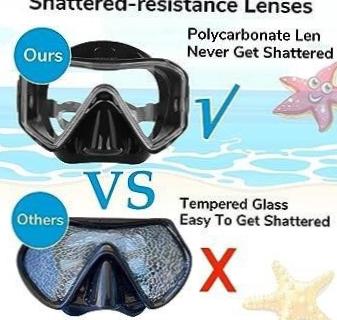Can Diving Damage Your Ears? Exploring the Potential Hazards and Precautions
Can Diving Damage Your Ears? Exploring the Potential Hazards and Precautions
If you’ve ever been curious about diving but have concerns about its impact on your ears, you’re not alone. Many aspiring divers wonder whether the underwater pressure and other factors associated with diving can cause harm to their ears. So, let’s delve into the potential hazards and necessary precautions to gain a better understanding of this fascinating aquatic activity.
Can Diving Damage Your Ears? Exploring the Potential Hazards and Precautions
When it comes to diving, the beauty of the underwater world can be truly mesmerizing. However, it’s important to understand the potential hazards and take necessary precautions to ensure a safe diving experience. One area of concern is the impact diving can have on our ears. Understanding the anatomy of the ear and how it is affected by changes in water pressure is crucial in preventing potential damage.
Can Diving Damage Your Ears? Exploring the Potential Hazards and Precautions
As thrilling as diving can be, it’s important to be aware of the potential hazards it presents, especially to your ears. While diving allows you to explore the wonders of the underwater world, it can also subject your ears to various problems. The most common ear-related issues faced by divers include ear barotrauma, middle ear squeeze, inner ear decompression sickness, and external ear infections. Ear barotrauma occurs when the pressure in the middle ear and the environment around you is not equalized properly, resulting in a sharp pain or injury. Middle ear squeeze, on the other hand, happens when the pressure in the middle ear is not equalized during a descent, causing discomfort or even rupturing the eardrum. Inner ear decompression sickness occurs when nitrogen bubbles form, affecting the hearing and balance systems. Lastly, external ear infections, or «diver’s ear,» can occur due to prolonged exposure to moisture and bacteria. To mitigate these risks, divers are advised to equalize their ears frequently during descent and ascent, avoid forceful equalization techniques, take proper safety stops, and keep their ears dry and clean after diving. Proper training and equipment can also significantly reduce the chances of facing ear-related complications. So, before you take the plunge, remember the importance of protecting your ears and taking appropriate precautions!
Can Diving Damage Your Ears? Exploring the Potential Hazards and Precautions
Whether you’re an experienced diver or just a curious beginner, it’s important to be aware of the potential risks and precautions when it comes to diving and your ears. As beautiful and exhilarating as the underwater world may be, the depths can put your ears at risk. The pressure changes that occur during diving can lead to various ear-related problems, such as barotrauma, ear squeeze, and even inner ear damage. Understanding these hazards and knowing how to prevent and manage them is crucial for a safe and enjoyable diving experience.
can diving damage your ears

